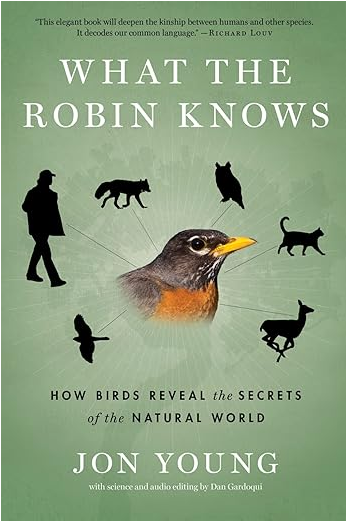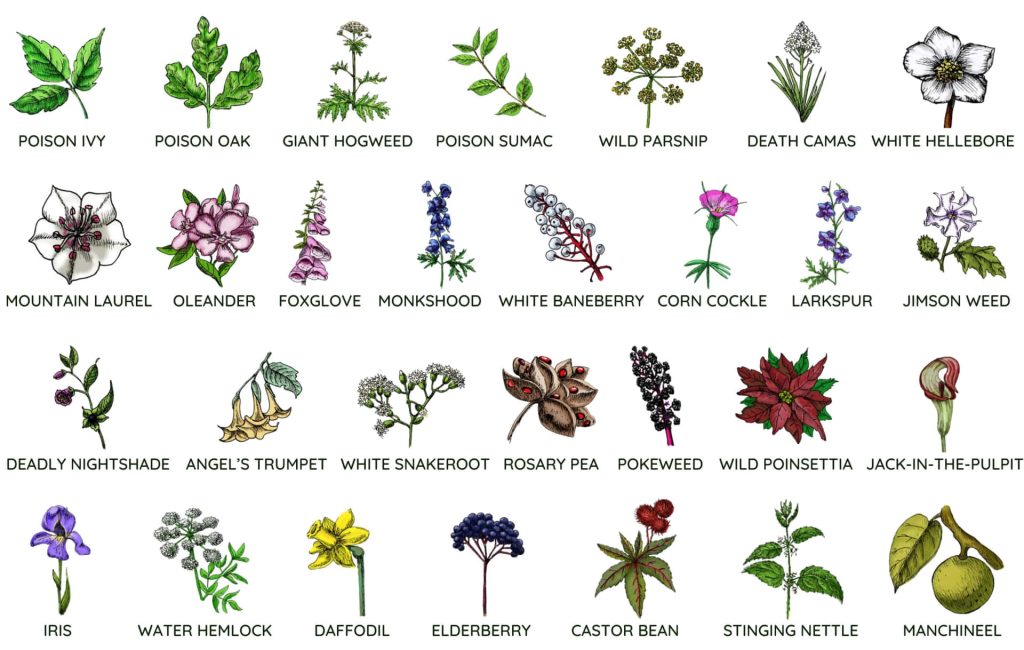Calendar Items:
UPCOMING EVENTS: Just because it’s nice to know, here is the next month or so I’ve got planned. (All plans are subject to change, of course.)
Feb 29th – Mini-Lessons by Isabelle and Simon, Brother Williams takes us back to plant families and plant identification – a good place to revisit and also build upon!
Mar 7th – Field trip to Brother Becker’s lab at BYU and the BYU tree tour
Mar 14th – In-class field trip to Timpanogos Park. Erik, from Making Tracks, will be teaching us about animal tracking and bird language. TWO REACTION PAPERS AND 2-3 NATURE JOURNAL PAGES DUE
For this field trip you MUST have a waiver signed. I will email you all that information privately.
Mar 21st – Cameron, Elizabeth, Shawn mini lessons – Sister Mock takes second hour
Mar 22nd – FRIDAY – ALL DAY optional field trip to Little Grand Canyon. More details coming.
March 28th – in class field trip TBD
Homework items:
READ 10 Essential Herbs chapter 9 on Peppermint – pages 223-244
A Message from Sariah
Hi everyone! Just a reminder to keep your milk jugs in a sunny place outside. Check on them weekly to make sure the soil looks damp inside. If it gets dry, you can set the jug in a tray of water and the soil will soak it up through the bottom holes. Sometime in April, once your plants are about 4 inches tall, take the lid off your jug and let it dry out a bit so the soil sticks together. After a couple days, dig a hole twice the size of the plant’s diameter in a sunny spot. Remove the plant from the milk jug and plant it in the hole, back filling it with the soil you dug out. Water your plant in its new bed and continue checking on it weekly throughout the spring and summer. If the plant looks sad or droopy, give it some water at the base of the plant, not the leaves. Morning is the best time to water. You might need to water it weekly or a couple times a week, pay attention to how your plant looks on a regular basis to figure this out. If you get flowers from your perennial this year enjoy your good luck! (Or you planted annuals too). Your plant may die back in the fall and seem to disappear over winter. Mark it with a flag or plant label so you don’t accidentally dig it up in the spring. In the spring watch for that season’s new growth and water as needed.
NOTE: If a 70 degree day comes before you’ve planted your plant in the ground, open the lid of the milk jug so that it doesn’t get too hot inside. If you forget to do this, don’t fret, take the lid off and water the plant. Once it perks up, prepare to transplant it.
Short Awesome Books
In class today I showed you some pretty short books that are on our book list. It’s crazy to think about it, but we only have 2 months left of class! Time will keep flying by so fast. All of the books on the book list are wonderful in their own ways, and we encourage you to choose the books with topics that really look interesting to you so you can customize this class to fit your interests and personality. However, if time is running short and you are stressed out about reading 3 more books, which is the required amount of book reaction papers due this semester (or 5 books if you didn’t turn in any book reaction papers last semester as well), then consider the following books. Despite being short, they contain highly valuable information. These are not less-important books, but books I liked and chose specifically in case some students were really short on time.
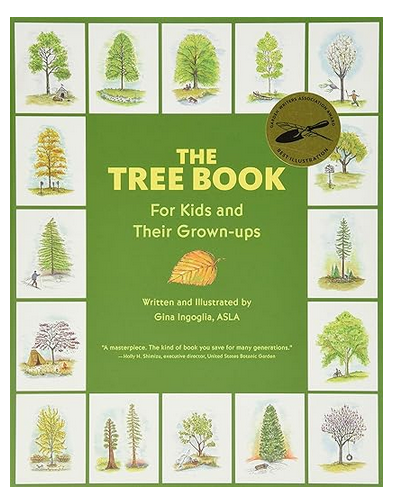
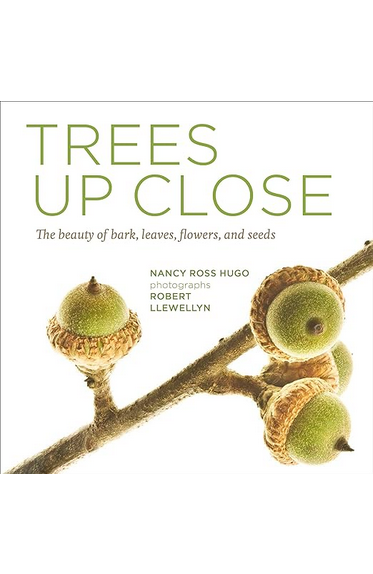
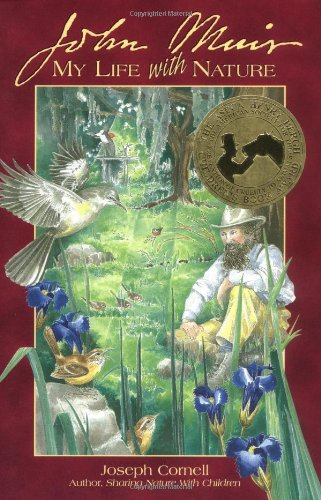
And then THIS book below is the one that talks about Bird Language and how to understand what is going on in the forest/nature just by reading the behavior of the birds around you. This book would be EXCELLENT preparation for our March 14th field trip with Erik.
